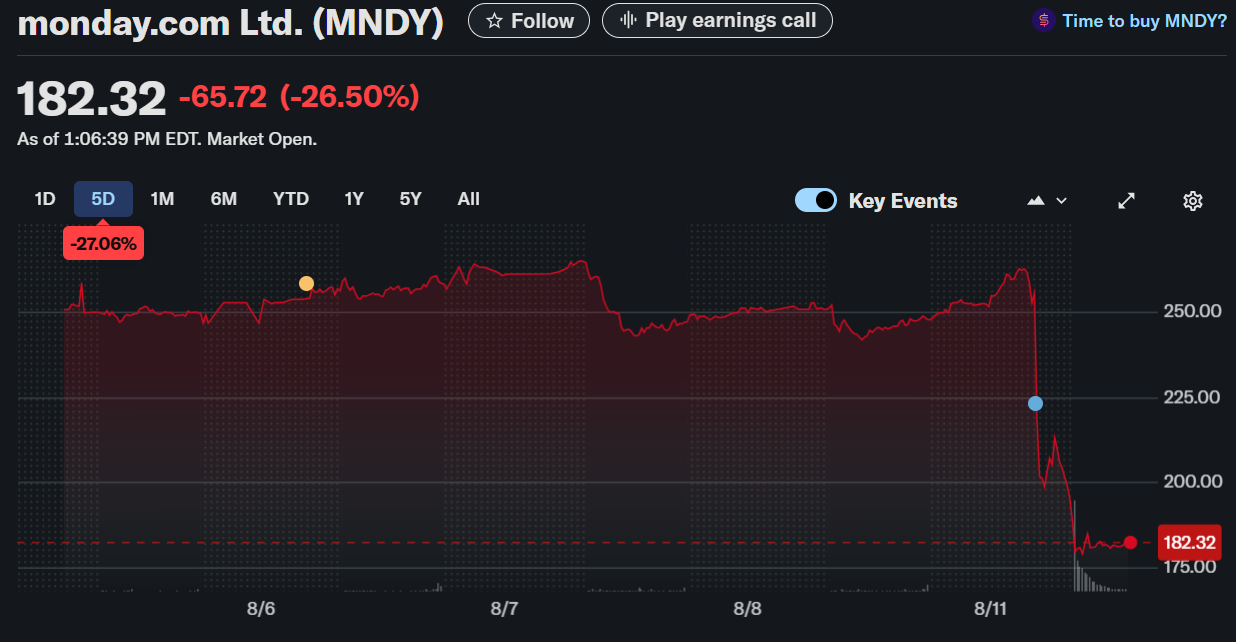09.08.2025 09:45
Following weeks of uncertainty, the US Commerce Department has commenced the approval process for Nvidia's export licenses concerning its H20 chips destined for the Chinese market. This decision marks a significant turning point, resolving a protracted delay that stemmed from earlier restrictions imposed on advanced AI chip exports to China.
The Bureau of Industry and Security, the agency responsible for export control within the Commerce Department, has begun issuing these crucial licenses. This development follows several high-profile meetings between Nvidia CEO Jensen Huang and President Trump at the White House, fueling speculation about the influence these interactions had on the ultimate decision.
Initially, the Trump administration blocked Nvidia's sale of the H20 chip to China in April. However, subsequent meetings and lobbying efforts reportedly led to a reversal of this initial ban. Despite this reversal, the lack of license approvals for three weeks fueled frustration within Nvidia before a second White House meeting prompted swift action from the Commerce Department. Sources suggest that these meetings played a pivotal role in securing the necessary approvals. While both Nvidia and the Commerce Department remain tight-lipped on the specifics, the timing strongly suggests a correlation.
The H20 chip's export, however, remains highly contentious. Security concerns persist among US officials, who fear that providing China with this technology could significantly enhance its military capabilities and erode America's technological advantage. A letter penned by twenty security experts, including notable figures like former Deputy National Security Adviser Matt Pottinger, urged the Commerce Secretary to halt the sales, characterizing the approval as a strategic blunder. Conversely, Nvidia contends that restricting US technology exports will only serve to accelerate China's independent technological advancements, dismissing the concerns as inaccurate. This clash of perspectives highlights the complex geopolitical implications of this decision. The ongoing debate underscores the significant challenges balancing economic interests with national security concerns in the rapidly evolving landscape of technological competition.










